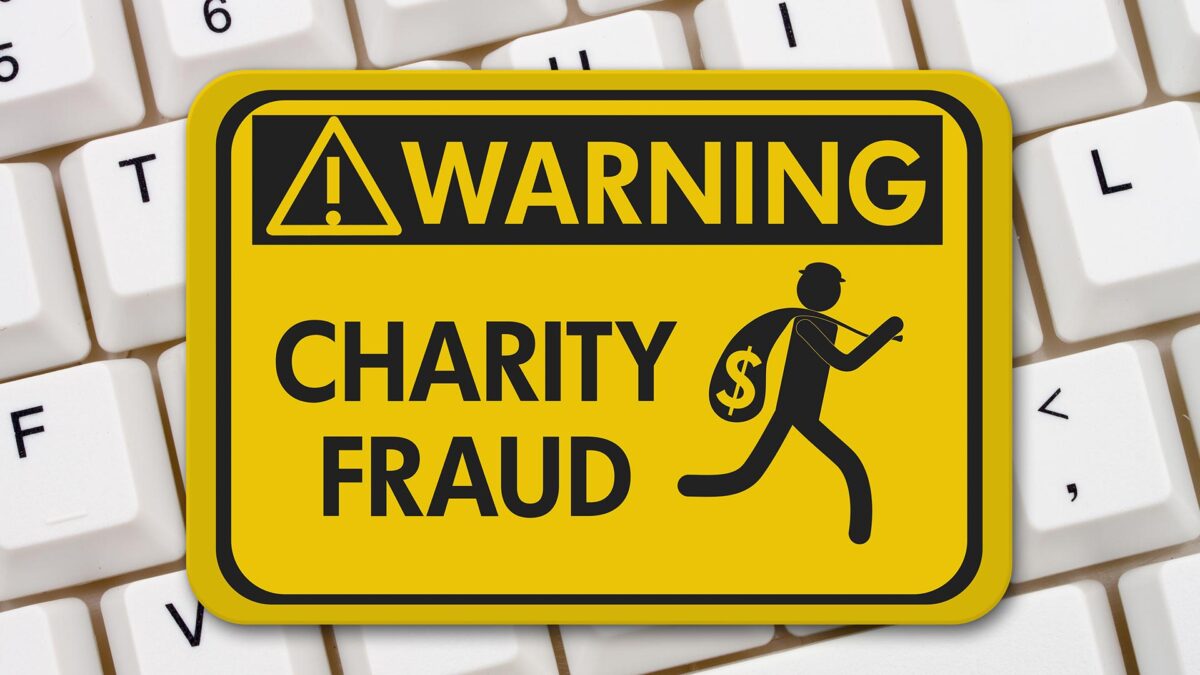By Robb Montgomery, Save the Children
Fraud is a risk to any charitable organization. Fraudsters will not discriminate in relation to the mission of the charity, the number of staff or the amount of funding received. A larger organization, such as an INGO, may face additional risks specific to charities operating in the international sector. More positively, an INGO may also have additional resources to effectively prevent and respond to fraud incidents.
It’s in the name, an INGO operates at an international level. Having a global presence and operating in many complex environments carries a risk of fraud. Each local context may have differing attitudes, tolerances and legislation relating to fraud, bribery & corruption. Is fraud a commonplace, widely accepted norm of conducting business in a specific location? Do suppliers regularly offer kickbacks to secure contracts? Risk assessing operations for fraud based on local context is one effective way to accurately map where the risks may be highest.
Operating globally requires an international workforce. The contextual differences mentioned above may influence staff awareness and attitudes toward fraud. Behavior that might be seen as inexcusable in one location may be seen as an unfortunate necessity in another. The ‘tone from the top’ i.e., the communication and example set by senior leadership in an organization, is essential to set a movement-wide stance toward fraud, cutting across contextual differences to unite the organization in one anti-fraud culture.
A larger organization may decentralize systems, processes, and other schemes of delegation to facilitate operating in different countries, each with a different context. This in itself is not a risk, the risk emerges when adequate oversight at a global level is not maintained. This is particularly relevant for staff involved in counter fraud; having a global view of reporting, case management and prevention activities is crucial to drive improvement and see real success. It is similarly important for the same staff to have access to systems that may be maintained at a country level, particularly those related to finance, procurement, and conflict of interest/gifts & hospitality declaration registers.
Where disaster arises and humanitarian crises emerge, fraud is never far behind. Complex environments, requiring a rapid response by humanitarian agencies, can be particularly susceptible to fraud, bribery, and corruption. Decisions often need to be made in far less time they usually would and unfortunately the internal controls, checks and balances that are designed to minimize the risk of fraud may be overlooked as a time saving measure. If aid is procured and delivered by any means and at whatever cost, to the detriment of following procedures to ensure resources are not lost to fraud, INGOs may be falling short of achieving maximum impact in that emergency response. Observing correct procedures in the midst of a fast-moving operation can make a significant difference.
Regardless of where and how a charity operates, basic essentials, such as policies, procedures, toolkits and even one staff member qualified to implement them, can make a difference in countering fraud at a local or international level.
